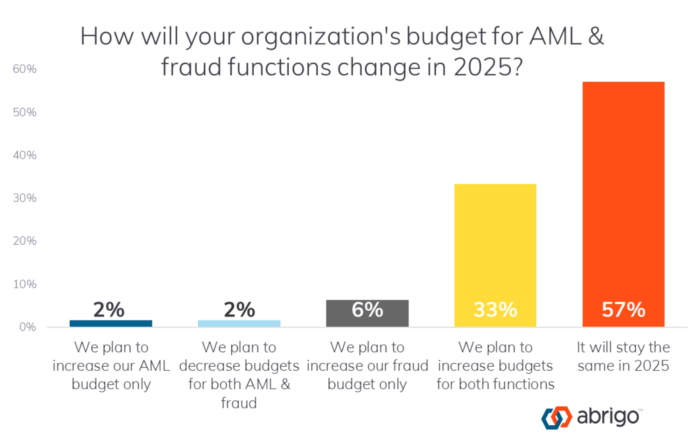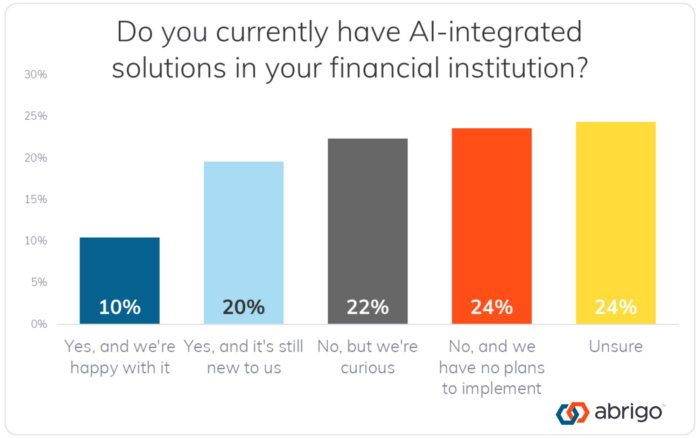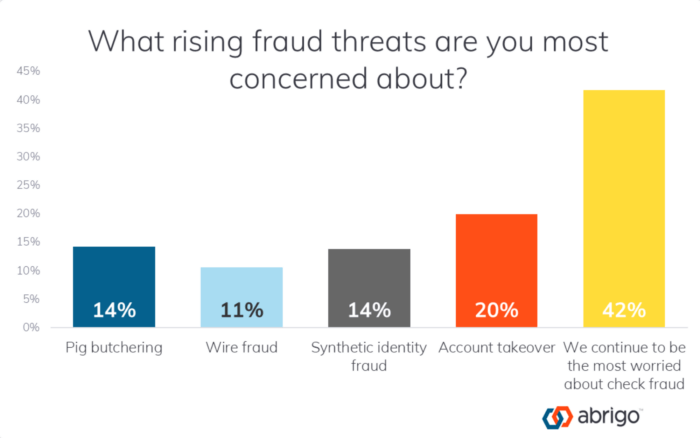AML/CFT program compliance
Among the hottest issues facing AML/CFT and fraud staff is ensuring regulatory compliance with AML/CFT program requirements, including upcoming changes. "With so many BSA/AML enforcement actions, it is clear that the regulatory environment is tightening up its expectations and is actively pursuing action when needed," said Abrigo Senior Risk Management Consultant Elissa Brewer.
She and other Abrigo advisors believe institutions will face increasing pressure to have compliant AML/CFT programs. Indeed, examiners are expected to emphasize that financial institutions must develop and maintain a culture of compliance. "Compliance is not optional," said Josh Hawkins, Senior Director of Abrigo’s Financial Crimes Investigation Unit.
Compliance will be further complicated for some institutions moving from intermediate to large bank status or expanding markets. Those changes require upgraded technology and staffing efforts.
In addition to current compliance requirements, institutions will need to begin implementing new requirements due to the upcoming final rule to strengthen and modernize financial institutions’ AML/CFT programs.
"This is a pretty big change in many areas," said Abrigo Compliance and Engagement Director Terri Luttrell.
A formal requirement for institutions to develop and update risk assessments is among the expected changes. AML/CFT risk assessments ensure institutions can identify potential vulnerabilities and mitigate them effectively. However, community banks, in particular, face challenges in quantifying risk and applying compliance measures using a risk-based methodology, Brewer said.
The new program rule also requires that compliance efforts incorporate the FinCEN priorities related to fighting financial crime.










